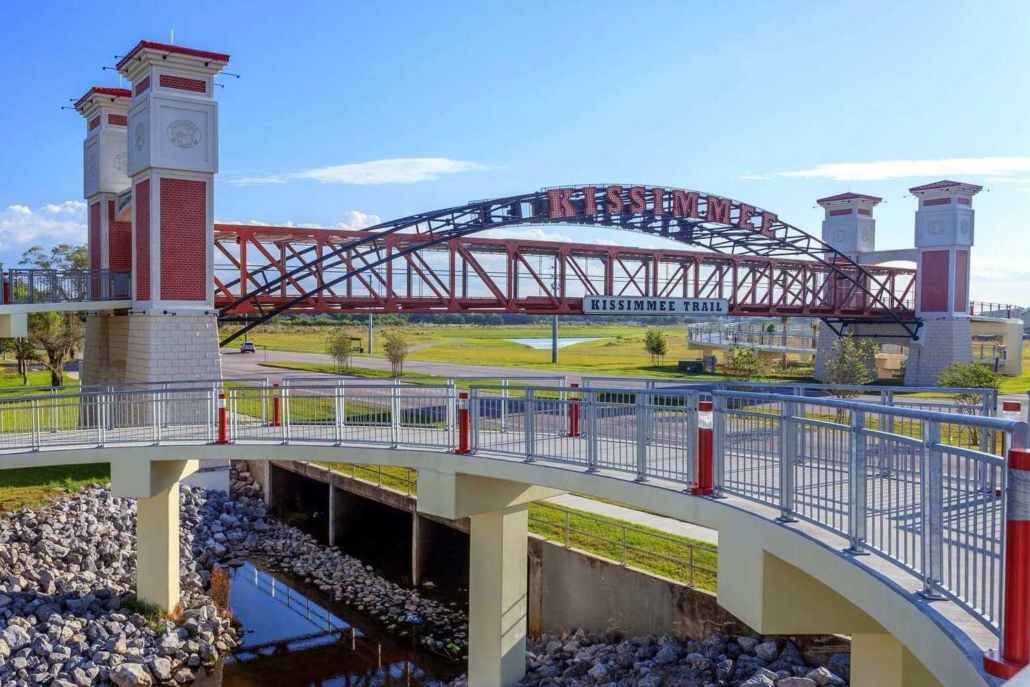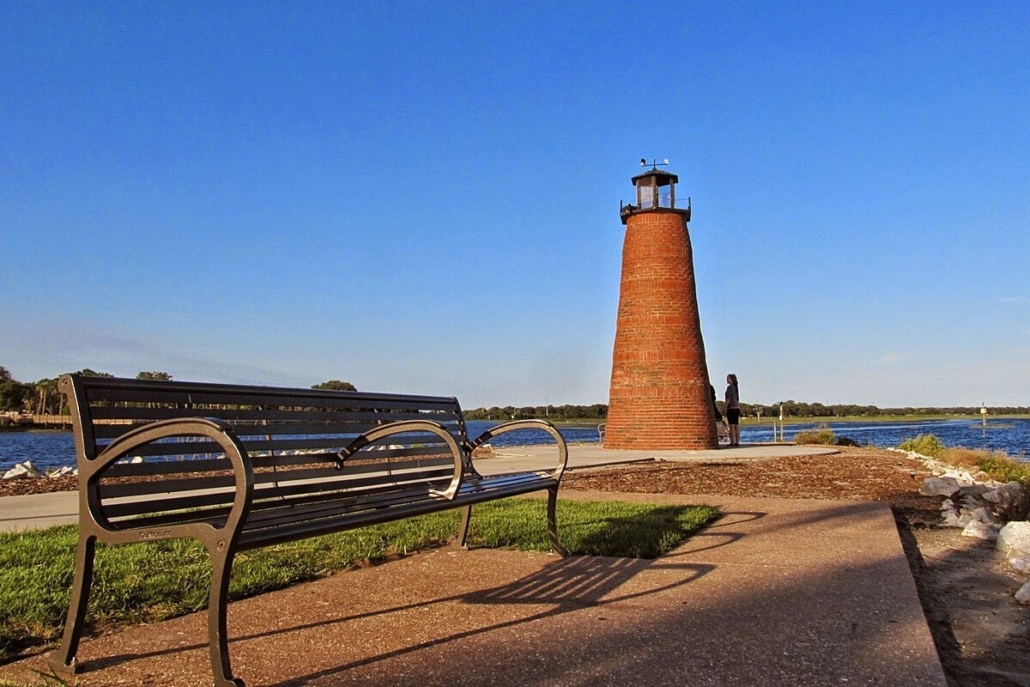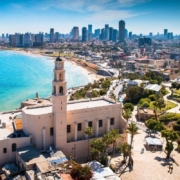Airbnb Regulation in Kissimmee: A Comprehensive Insight
- The Best US Cities for Airbnb Business
- Why Investing in Kissimmee’s Airbnb is an Excellent Decision
- Starting an Airbnb Business in Kissimmee, FL: A Comprehensive Guide
Introduction
Over the past decade, Airbnb has grown from a promising startup to a multi-billion dollar enterprise, offering about 7 million accommodations worldwide. This explosive growth has ushered in a new era of tourism, allowing visitors to immerse themselves in local cultures. With a population of approximately 77,189 people, Kissimmee, Florida, might seem like an unlikely hotspot for Airbnb. However, in 2018, Airbnb hosts in Kissimmee welcomed over 338,000 guests, underscoring the city’s prominence in this evolving marketplace. Despite this popularity, the regulatory landscape for Airbnb in Kissimmee demands careful scrutiny, as local laws seek to strike a balance between tourism growth and community welfare.

The Meteoric Rise of Airbnb in Kissimmee
Kissimmee has become a sought-after destination for Airbnb users due to its prime location near world-class attractions like Disney World and Universal Studios. This influx of tourists, coupled with Airbnb’s ease of use, has led to a meteoric rise in Airbnb listings in the city.There are over 30,000 active rentals in Kissimmee, indicating the city’s prominent role in Florida’s booming home-sharing economy. This high number of active rentals not only demonstrates the massive popularity of Kissimmee as a vacation hotspot but also underscores the substantial income potential for hosts.
Economic Opportunities for Hosts
With the average host in Kissimmee earning around $4,298 per month, these 30,000 active rentals represent a substantial economic asset. Assuming each host generates a similar amount, these rentals collectively bring in an estimated $1.544 billion annually, providing a significant income source for local property owners and residents.
A Closer Look at Kissimmee’s Airbnb Regulations
Understanding Kissimmee’s Airbnb regulations is crucial for hosts to operate efficiently while preserving the local community’s tranquility. These regulations encompass several domains, including licensing, zoning, and occupancy.

Licensing and Registration
Before listing their property on Airbnb, hosts in Kissimmee are required to obtain several licenses and registrations. This includes a Business Tax Receipt from the City of Kissimmee, which as of 2023, costs $150 annually. In addition, hosts must register with the Florida Department of Revenue to pay state sales tax, which is currently 6%, and open a Tourist Development Tax account with Osceola County to remit a monthly 6% tax on rental income.
Zoning and Land Use Restrictions
To maintain the aesthetic integrity of local neighborhoods, Kissimmee enforces zoning laws that determine where short-term rentals like Airbnb can operate. Certain residential zones prohibit short-term rentals entirely, while others restrict the number of rental units per square foot. In 2017, Kissimmee revised its land use regulations, requiring short-term rental properties to maintain an exterior appearance consistent with the residential character of the neighborhood.
Occupancy Limitations
To prevent noise pollution and parking issues, Kissimmee also enforces occupancy limits based on the property’s size. As per the regulations, a property cannot house more than two persons per bedroom plus two additional persons per property.
Impact and Importance of Regulatory Compliance
While these regulations might appear rigorous, adherence is mutually beneficial for Airbnb hosts, guests, and the local community. Regulatory compliance assures a level playing field for all parties involved in the hospitality industry and a safe, comfortable environment for guests.

Significance for Hosts
For Airbnb hosts, following these regulations enhances credibility and reduces the risk of legal complications and penalties, which can range from fines to the suspension of the license.
Significance for Guests
For guests, these regulations ensure that Airbnb accommodations meet standard safety and health guidelines. It provides them with the assurance that their stay will be comfortable, secure, and within the framework of the law.
Looking Ahead: The Future of Airbnb Regulations in Kissimmee
Given the rapid growth of the home-sharing economy, Kissimmee’s Airbnb regulations are subject to ongoing review and amendment. Future changes might include more stringent noise control policies, enhanced safety protocols, or more detailed accountability measures for hosts. Staying abreast of these changes will be crucial for Airbnb hosts to navigate the regulatory landscape effectively.
Conclusion
In conclusion, Airbnb has significantly transformed Kissimmee’s tourism landscape, contributing millions to the local economy. As the home-sharing platform continues to expand, regulatory compliance will be vital to sustainably managing growth, protecting community interests, and ensuring a rewarding experience for hosts and guests alike.


















